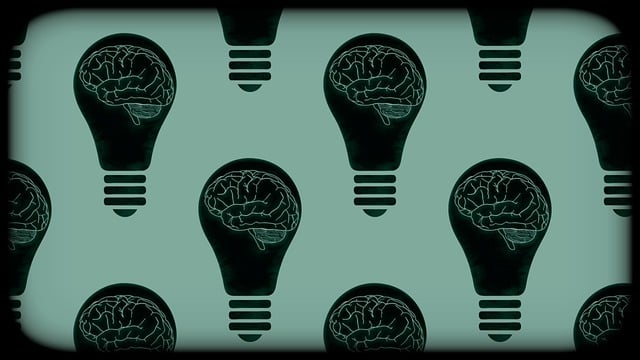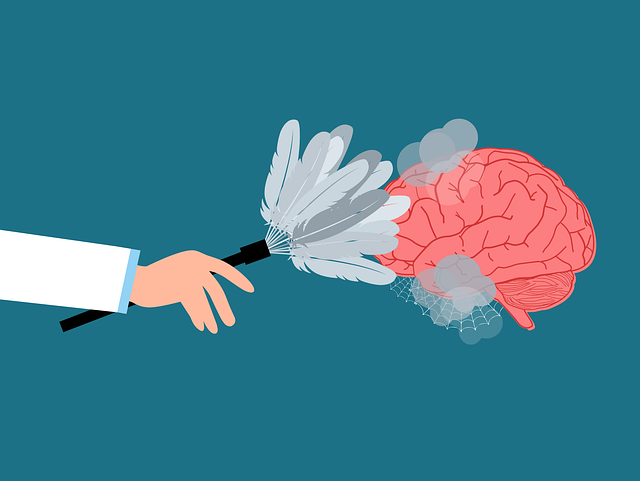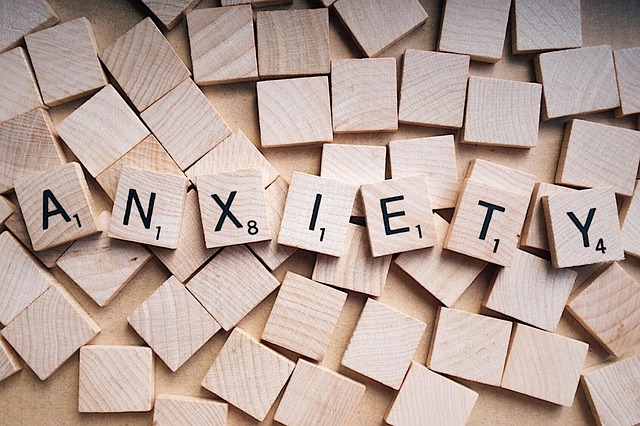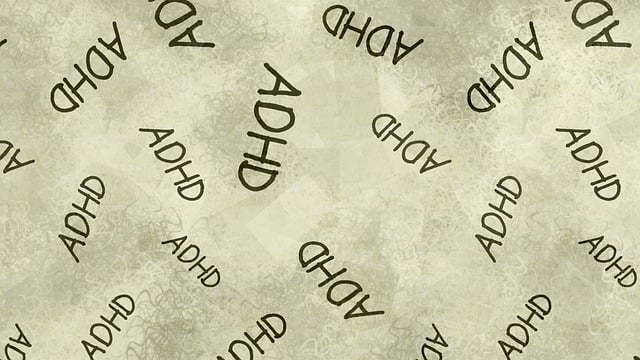Cultural competency in healthcare, driven by globalisation and public awareness campaigns, is crucial for providing personalised care. Biases among providers can hinder treatments like Exposure and Response Prevention (ERP) therapy for children with anxiety disorders. Incorporating cultural sensitivity into ERP strategies improves outcomes by respecting diverse backgrounds. Training programs, such as those involving self-awareness exercises and mental wellness podcasts, enhance cultural competence. Community outreach programs cater to specific needs while enhancing communication through linguistic and non-verbal understanding. Effective cultural competency training, including ERP tools, leads to better patient connections, tailored care, and improved healthcare delivery in diverse settings.
Cultural competency training is an essential pillar in modern healthcare, ensuring quality care for diverse patient populations. This article explores the critical need for such training, focusing on its impact on pediatric mental health treatment. We delve into how cultural biases can hinder progress, introducing Therapy for Children Exposure and Response Prevention (ERP) as a culturally sensitive approach. Furthermore, effective training programs are discussed to bridge cultural gaps in healthcare, emphasizing their role in improving patient outcomes and fostering inclusive care environments.
- Understanding Cultural Competency in Healthcare: A Necessity for Quality Care
- The Impact of Cultural Biases on Pediatric Mental Health Treatment
- Therapy for Children Exposure and Response Prevention (ERP): A Cultural Sensitivity Approach
- Implementing Effective Training Programs to Bridge Cultural Gaps in Healthcare
Understanding Cultural Competency in Healthcare: A Necessity for Quality Care

Cultural competency is an essential aspect of modern healthcare that cannot be overlooked. It involves recognizing and respecting diverse cultural backgrounds, beliefs, and values among patients and communities. In a world becoming increasingly globalized, healthcare providers need to understand the impact of culture on health and wellness. This includes adapting therapeutic approaches, such as exposure and response prevention (ERP) techniques used in therapy for children, to suit individual cultural contexts.
By embracing cultural competency, healthcare professionals can deliver more personalized and effective care. It fosters better patient-provider relationships, enhances communication, and improves overall treatment outcomes. For instance, understanding a patient’s cultural traditions and perspectives on mental health can lead to more successful resilience building. Public awareness campaigns that promote cultural sensitivity and education are also vital in breaking down barriers and promoting inclusive healthcare practices, aligning with the mind over matter principles that empower individuals to take charge of their well-being.
The Impact of Cultural Biases on Pediatric Mental Health Treatment

Cultural biases among healthcare providers can significantly impact pediatric mental health treatment, often leading to misdiagnoses or ineffective therapy approaches. These biases, shaped by personal experiences and societal influences, may cause providers to unconsciously perceive certain behaviors or symptoms differently across cultural groups. For instance, a child from a minority background might present with unique expressions of distress compared to their mainstream peers, requiring tailored understanding and strategies.
One effective evidence-based therapy for children, Exposure and Response Prevention (ERP), has shown promise in treating various anxiety disorders. However, cultural sensitivity is crucial during ERP sessions to ensure the intervention aligns with the child’s cultural context. Healthcare providers must be self-aware, engaging in regular self-awareness exercises to recognize their biases, which can enhance their ability to adapt therapeutic techniques. Additionally, incorporating diverse perspectives into mental health discussions, through confidence boosting mental wellness podcast series production, can contribute to a more inclusive and culturally competent care environment for pediatric patients.
Therapy for Children Exposure and Response Prevention (ERP): A Cultural Sensitivity Approach

In the context of healthcare provider training, particularly focusing on cultural sensitivity, Therapy for Children Exposure and Response Prevention (ERP) offers a unique approach to addressing behavioral challenges with a cultural awareness lens. This evidence-based therapy is tailored to help young individuals manage anxiety and phobias by gradually exposing them to feared situations and teaching response prevention techniques. When cultural competency is integrated into this process, healthcare providers can adapt ERP strategies to respect diverse backgrounds and beliefs, ensuring that treatment remains sensitive and effective for all children.
By incorporating cultural considerations into the implementation of ERP, community outreach program participants gain valuable insights into self-esteem improvement specific to their communities’ needs. Communication strategies are enhanced as providers learn to navigate linguistic barriers and understand non-verbal cues, thereby fostering a deeper connection with patients and their families. This tailored approach not only improves treatment outcomes but also strengthens the cultural responsiveness of healthcare services for children and their caregivers.
Implementing Effective Training Programs to Bridge Cultural Gaps in Healthcare

Effective cultural competency training programs are essential to bridging the gaps that often exist between healthcare providers and diverse patient populations. These programs must go beyond surface-level awareness and delve into practical strategies for navigating cultural differences in healthcare settings. By implementing well-structured initiatives, mental health professionals can improve their ability to connect with patients from various backgrounds, ensuring quality care tailored to individual needs.
One such program that can be integrated into the curriculum is Therapy for Children Exposure and Response Prevention (ERP), which has proven effective in treating anxiety disorders. This approach encourages professionals to consider cultural nuances when assessing risk using a risk assessment for mental health professionals. Additionally, crisis intervention guidance tailored to diverse communities can enhance the delivery of care during sensitive situations. Furthermore, developing mental wellness coaching programs that address cultural competency can foster inclusive practices, ultimately improving patient outcomes and satisfaction.
Cultural competency training is no longer a nice-to-have, but an imperative for healthcare providers. By understanding and addressing cultural biases, as highlighted through the lens of pediatric mental health treatment, we can significantly improve care outcomes. The integrated approach of Therapy for Children Exposure and Response Prevention (ERP) offers a promising strategy to bridge cultural gaps. Effective training programs, as discussed, are instrumental in empowering healthcare professionals to deliver culturally sensitive and inclusive care, ultimately fostering better patient-provider relationships and enhanced treatment efficacy.











